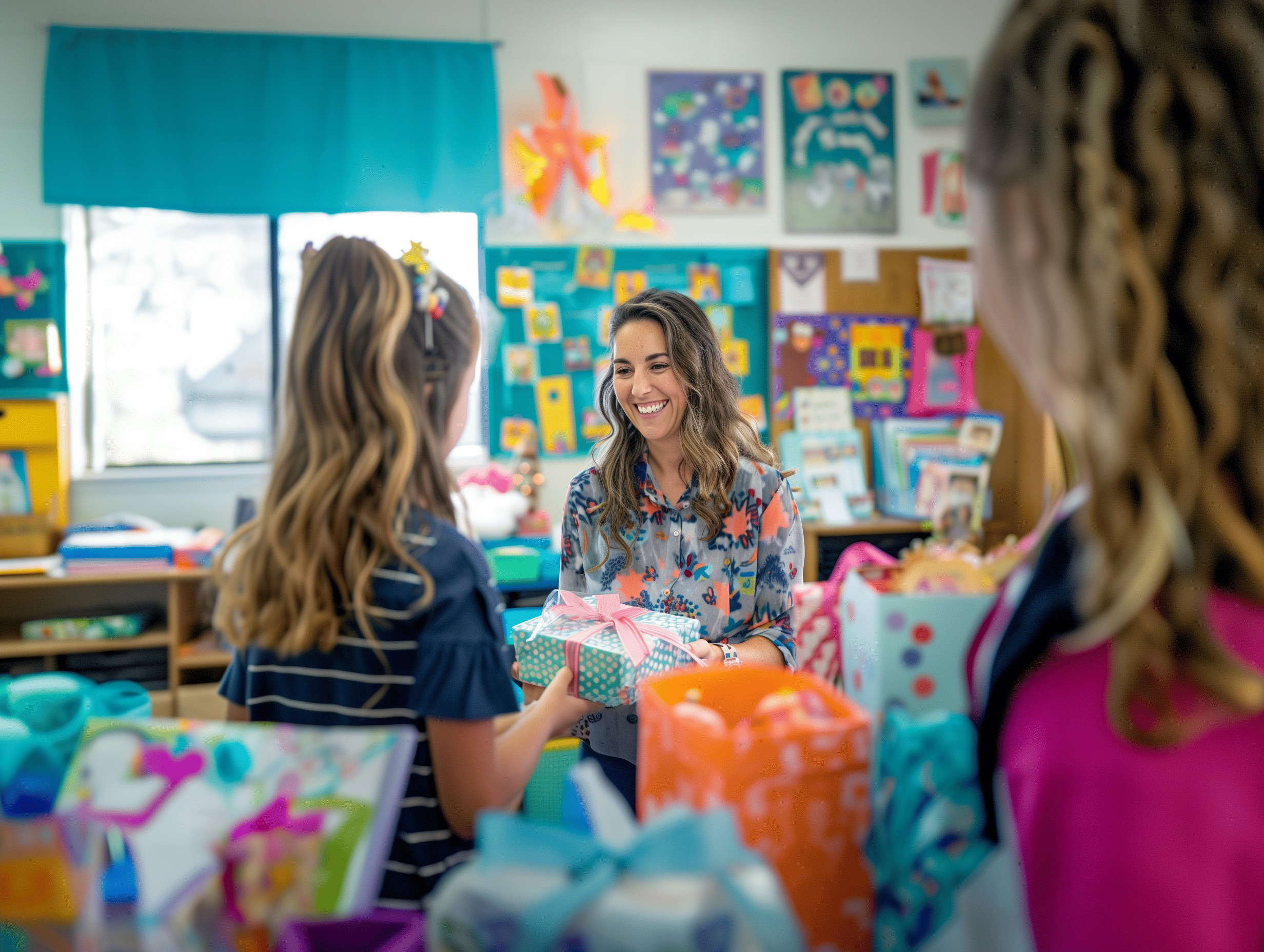| | |
Accessing General Education: Making Inclusion Work August 13-16, 2006 Chicago, IL
Don't
miss this extraordinary opportunity to learn from experts
and enjoy the historical sites!
Inclusion in the Standards-Based Classroom
Sunday thru Wednesday, August 13-16, 2006
Swissotel Chicago, Chicago, IL
|
Richard Villa
Accessing the General Education Curriculum:
Making Inclusion Work
(keynote)
In this session participants will become familiar with the characteristics of inclusionary schools. The rationales for change will be discussed, as well as, organizational and instructional strategies to support inclusive schooling. Successful examples from elementary, middle and high school will be presented. A synthesis of what is known to date about transferring school systems to be more responsive to student diversity will be provided. |
Guaranteeing Access Through Collaborative Planning, Co-Teaching and Differentiated Instruction
In this session participants will become familiar with the five critical elements of an effective collaborative team. A recommended agenda format for team meetings will be introduced and the stages of group development will be discussed. Participants will explore the 4 approaches to co-teaching and issues related to scheduling, role clarification, administrative support, and lesson planning. In addition, participants will discover strategies for facilitating access to the core curriculum by; differentiating the content students learn, the process through which they learn it, and how they demonstrate what they have learned. |
|
Dr. Richard Villa |
Margaret McLaughlin
|
Margaret McLaughlin
Access to the General Education Curriculum: What does it mean?
(Preconference)
In this session participants will discuss the major elements of “what it means” to provide every student meaningful access to the general education curriculum. There will be a particular focus on how an “inclusive” education requires an “inclusive” curriculum. Basic strategies for creating access to the curriculum in schools will be discussed, in conjunction with the following ideas; considerations for teacher knowledge and practice, school organization, and decision making.
|
Finding the General Education Curriculum: Strategies for Determining What and How to Teach the Student with Special Education Needs
In this session participants will learn how to align a student’s individual learning goals within the scope and sequence of a standards-based general education curriculum. Teacher’s will learn strategies for interpreting grade level content standards. |
|
William N. Bender
Differentiated Instruction: Teaching Strategies for the Inclusive Classroom
This session focuses on differentiation of instruction as one model for the inclusive class. First the distinction between a direct instruction lesson plan and a differentiated lesson plan will be explored. Next, specific differentiated tactics such as the use of humor movement, chanting and RTC procedures will be modeled.
|
|
William N. Bender |
Dr. David Sousa
|
David
Sousa
Helping
Students Become Better Readers
Through Brain Science
Come to this interactive session and explore the fascinating
discoveries that brain scientists are making about how the
brain learns to read. Hot topics will include suggestions for
deciding how to select a scientifically-based reading program
(Is there such a thing?) for beginning readers as well as how
to help older students improve their reading skills in content
areas. Educators in both elementary and secondary schools will
find practical applications of this exciting research that
can help all students become more successful readers. |
|
Donald Deshler
One Size Doesn't Fit All! Using the Content Literacy Continuum to Meet the Diverse Needs of Struggling Adolescent Learners
Successfully teaching struggling adolescent learners is especially challenging because their academic, social, and motivational needs are so diverse. The Content Literacy Continuum (CLC) has emerged as an effective framework for mobilizing secondary teachers and administrators and targeting the right kinds of interventions to improve student outcomes. This session will describe the CLC and Demonstrate a variety of interventions designed to meet the diverse needs of struggling adolescents. |
Accessing the General Education Curriculum with Content Enhancement Routines
Successfully teaching rigorous subject matter content to academically diverse classes so they meet state standards is an enormous challenge. Content Enhancement Routines were developed to help address that challenge. This workshop will explain this alternative approach to instructional planning and teaching. Several content enhancement routines will be modeled and participants will have the opportunity to practice constructing and using then during the workshop. |
|
Donald Deshler |
|
Toby Karten
Implementing Inclusion
Administrators, teachers, students, and related staff can all apply successful strategies in inclusionary settings. This workshop will focus on how achievements can be obtained for students of all ability levels. Cognitive, academic, social and behavioral gains are easily within everyone’s reach when proactive pragmatic plans are in place. Topics beyond inclusion include; curriculum, classroom management, collaboration, and assessment issues. The ultimate goal is to demonstrate how inclusion can maximize the potentials and competencies of both educators and students.
|
|
June Downing
Teaching Literacy to Students with Severe and Multiple Disabilities
This presentation will address the critical area of literacy for students with severe and multiple disabilities of all ages. A broad definition of literacy will be provided with some specific strategies discussed for teaching and adapting materials. Videotapes of students and examples of materials will be used to ensure accessibility, and support of literacy learning will be shared.
|
June Downing |
All featured sessions are presented in an interactive,
3 hour workshop format!
Registration is $449 per person
President's Reception plus Coffee & Danish Breakfasts Included
(For room reservations please call the Swissotel Chicago, Chicago, IL
at 312- 565-0565)
|



